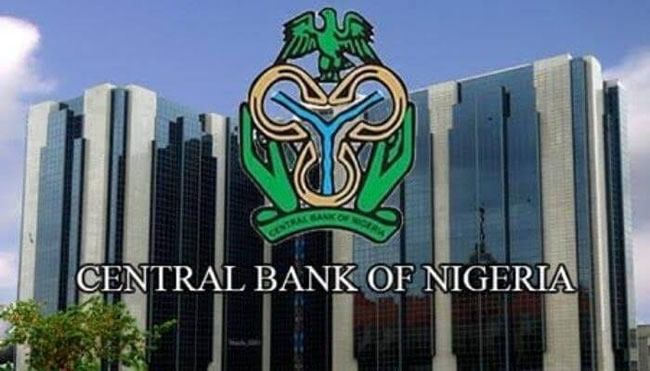
The Central Bank of Nigeria (CBN) raised a total of ₦804.85 billion at its Open Market Operations (OMO) auction held on Monday, April 29, 2025, amid strong investor appetite for high-yield government securities in a liquidity-saturated environment.
The auction attracted ₦1.057 trillion in total bids, representing an oversubscription of 111%, although slightly lower than the ₦1.391 trillion in bids recorded at the previous auction on April 25, where the apex bank raised over ₦1 trillion.
At Monday’s auction, the CBN offered two long-tenor instruments a 329-day bill and a 350-day bill, each with a ₦250 billion offer size. However, market preference skewed heavily in favour of the longer-dated 350-day bill, reflecting expectations that interest rates will remain elevated and inflation pressures persistent.
The 350-day instrument, maturing on April 14, 2026, garnered an overwhelming ₦923.60 billion in bids nearly four times its offer. The CBN ultimately allotted ₦698.60 billion at a stop rate of 22.73%, with bid rates ranging from 22.4990% to 22.9700%.
By contrast, the 329-day bill, which matures on March 24, 2026, saw tepid demand, attracting just ₦133.25 billion in subscriptions. The central bank allotted ₦106.25 billion at a marginally lower stop rate of 22.69%, with bid rates between 22.3200% and 22.8900%.
The preference for longer-dated paper is consistent with recent trends, where investors seek to lock in returns amid uncertainty about future policy shifts. At the April 25 auction, a 319-day bill had also seen a similar demand pattern, with ₦688.30 billion allotted at the same stop rate of 22.73%.
The auction comes against a backdrop of ballooning liquidity in Nigeria’s financial system. According to the CBN’s latest Money and Credit Statistics, broad money supply (M3) rose to ₦114.22 trillion in March 2025, up 3.2% month-on-month and 24% year-on-year. While net domestic assets declined by 11.7% to ₦69.05 trillion, net foreign assets surged by nearly 39% to ₦45.17 trillion, fuelled by capital inflows and growing external reserves.
Despite maintaining some of the world’s most aggressive monetary policy tools a 50% Cash Reserve Ratio and a benchmark interest rate of 27.75% the CBN continues to grapple with elevated liquidity levels, complicating efforts to rein in inflation.
Headline inflation accelerated to 24.23% in March 2025, up from 23.18% in February, while month-on-month inflation spiked to 3.90%, marking the sharpest increase so far this year. Escalating food costs, rising transport fares, and higher energy prices are all contributing to persistent inflationary pressures.
OMO auctions have become an increasingly crucial part of the CBN’s liquidity management toolkit, helping to mop up excess funds from the system and anchor short-term rates. By signalling its commitment to a tight monetary stance, the central bank also aims to moderate speculative activities in both currency and equity markets.
The robust demand for longer-dated securities underscores investor confidence in Nigeria’s sovereign credit and the attractiveness of risk-free assets amid few alternative high-yield options.





